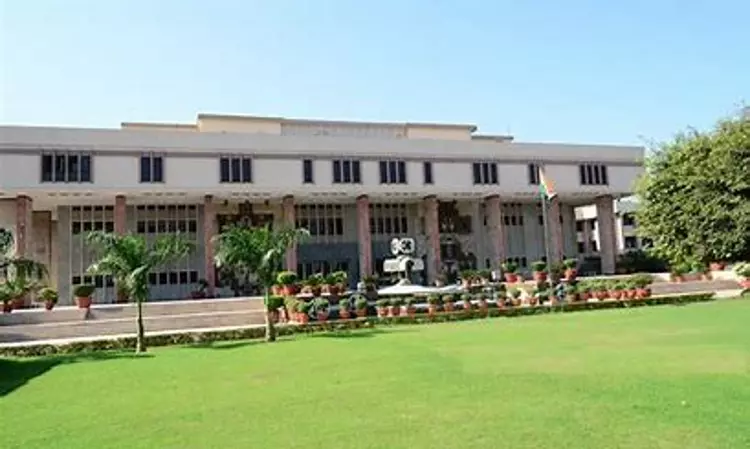Arbitration Clause In Lease Agreement Invalidated By Subsequent Verbal Agreement: Delhi High Court
Rajesh Kumar
12 July 2024 1:45 PM IST

Next Story
12 July 2024 1:45 PM IST
The Delhi High Court bench of Justice Manoj Jain has held that the arbitration clause in a lease agreement ceases to exist if the lease terminates and a new verbal tenancy agreement is established. The bench noted that: “….but since previous agreement was replaced and substituted by an oral agreement, defendant cannot be permitted to fall back upon any of the term contained in...
